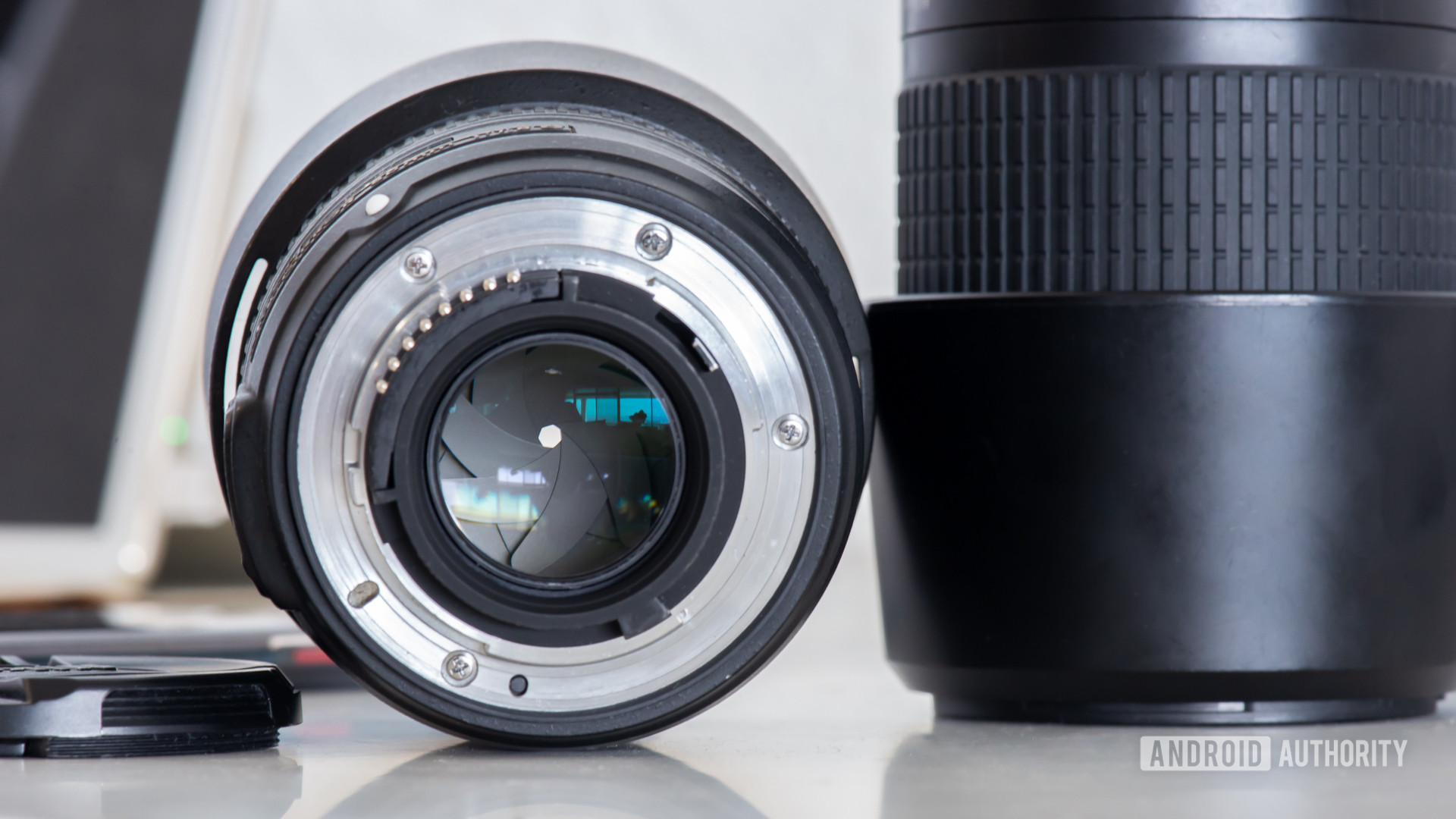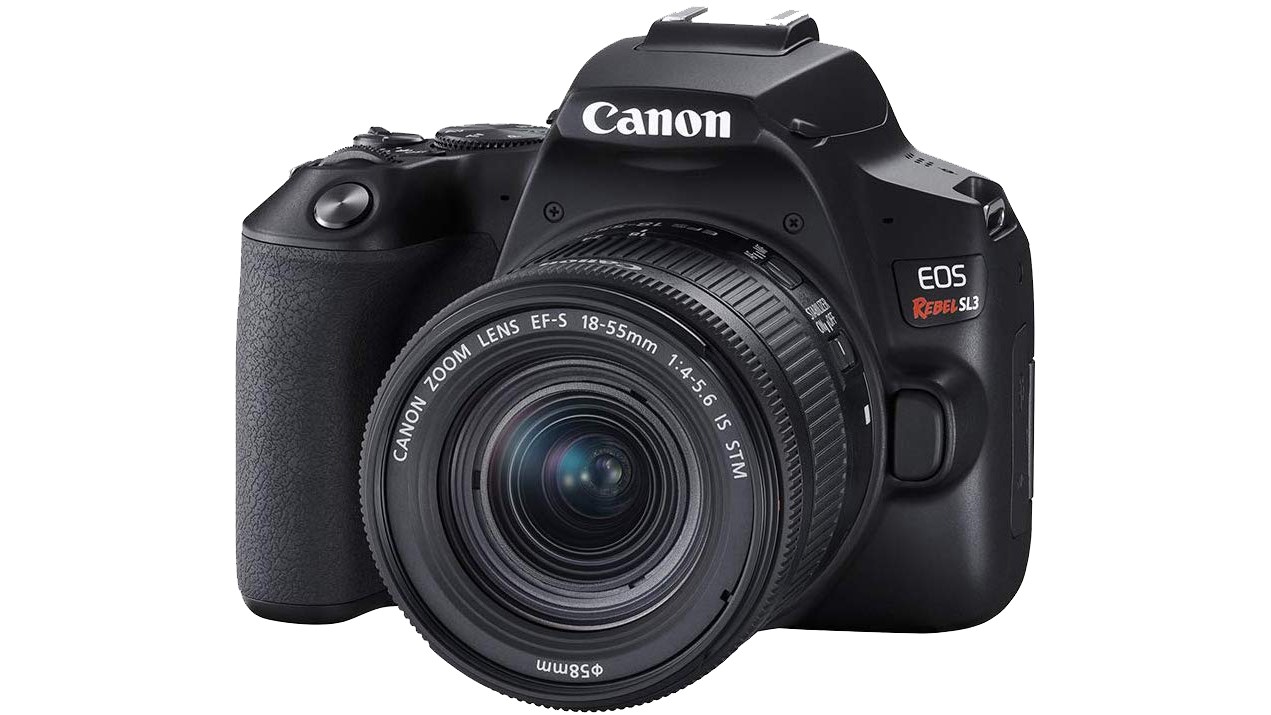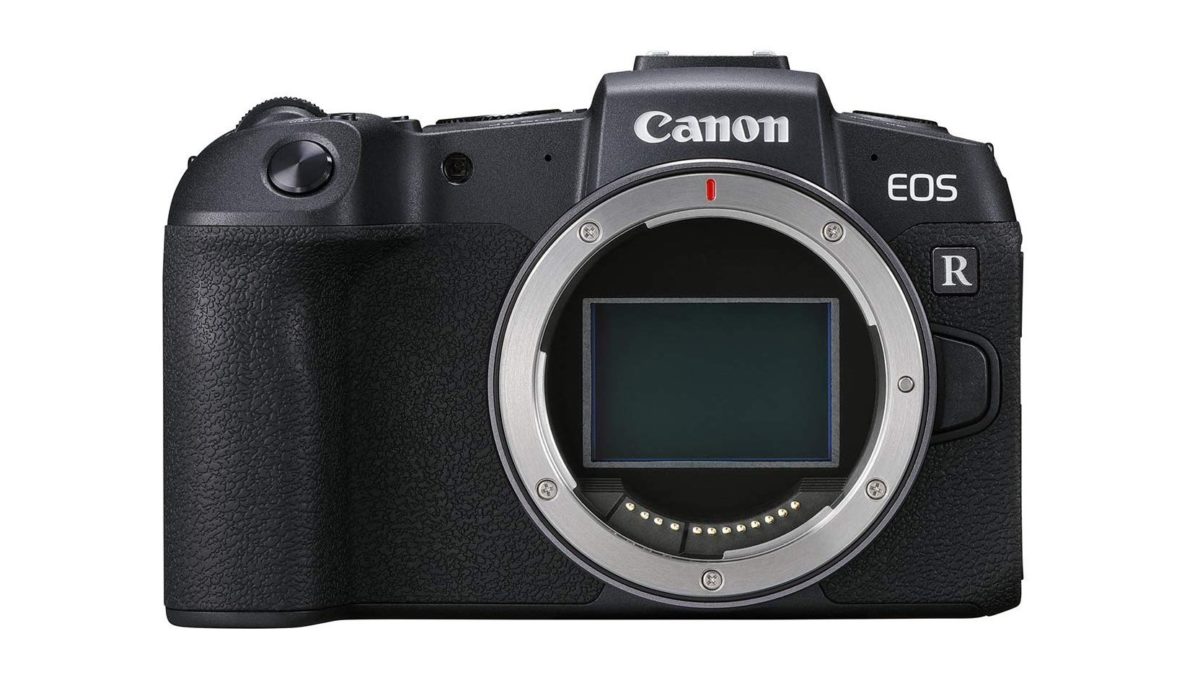The best cameras for beginners

Stepping into the world of photography is exciting, but it can also be very expensive. The first step is to find a camera. Picking the right one is important, so today we will help you find the best cameras for beginners.
Because we are focusing on photography beginners today, we will limit our choices to entry-level cameras for $1,000 or lower. Anything above that is likely too much money for someone starting out in this hobby. If you want to spend more on your first camera we also have a list of the best DSLR cameras you can buy.
Best cameras for beginners:
What makes a good entry-level camera?

There are multiple factors to consider when picking the best cameras for photography beginners. Image quality is obviously an important factor. You also want a shooter that can facilitate learning the fundamentals of photography, while sporting helpful automatic modes and features that will help capture moments efficiently without fear of missing the right shot. But of course, you might also want something that isn’t too expensive, so sacrificing some features is a must. The trick is to pick what gives you the most bang for your buck.
Other factors to consider are portability and the ability to upgrade. The most portable systems are point-and-shoot cameras, but while many of these can offer amazing features and image quality, they don’t leave room for upgrades. They have no interchangeable lens systems or room for external accessories. You will be stuck with what you bought until you buy another camera.
Also read: Photography terms explained: ISO, aperture, shutter speed, and more
DSLR and mirrorless cameras are more modular, offering interchangeable lens systems that will allow for purchasing extra glass for shooting in different situations and styles. These cameras also tend to have hot shoes (mounting point on top) and other expandable features, such as headphone/microphone ports, USB connections, battery grips, and more.
How much you want to spend on upgrades is another factor to consider. Nikon and Canon units have an ample selection of lenses in the market. This means there will be more affordable lenses around, as well as pro-level equipment. Other brands like Sony, Fujifilm, and others can be more specialized, and third parties might not produce many lenses for their cameras. This means chances of you spending more on glass down the road are higher.
More posts about
1. Canon Powershot G9 X Mark II
If you want the smallest possible profile and are set on limiting your upgrade-ability in exchange for portability, then the Canon Powershot G9 X Mark II is an amazing point-and-shoot camera for its price point.
It is one of the $1,300 Sony RX100’s closest competitors, but it costs only a fraction of the price. Specs include a 20.1MP 1-inch sensor, 3x optical zoom (28-84mm equivalent), a 3-inch screen, and 8.2fps shooting speeds.
The Canon Powershot G9 X Mark II costs $429, but it is a great pocket camera for learning photography. It comes with full manual controls, a large sensor (for point-and-shoot cameras), and is absolutely gorgeous. $429 is not a bad price to pay for all that.
2. Nikon D3500
The Nikon D3500 is a great starter camera that can also take amazing shots if you are a proficient photographer. I used a previous version of this camera professionally for a couple years, and though something better would have made my job easier, I liked that the lack of features forced me to become a better photographer. I made the most of what I had and pushed the camera to its limits.
The 24.2MP APS-C sensor is enough to handle lowlight situation well, while offering good image quality. It only has 11 autofocus points, but you are also paying a very low price and can find ways to overcome that issue with skill.
The good news is you are dealing with a Nikon camera, which has an abundance of available lenses, both from the manufacturer and third-party makers. These lenses can then be taken to a better camera body. You can start with the 18-55mm kit lens, so there is no rush to get a separate lens at first. At $396.95 on Amazon, that is one hell of a deal.
3. Nikon D5600
The Nikon D5600 is a nice upgrade over the D3500 if you have some extra cash to spare. It keeps nearly all features, including the 24.2MP APS-C CMOS sensor, 5fps shooting, and 1080p video recording. Its true value is in a few added extras.
The Nikon D5600 has a full-articulating swiveling screen that can really make a difference when shooting at difficult angles. In addition, it has integrated wireless functionality, improved battery life, a touchscreen, and more. The Nikon D5600 currently costs $496.95 for the body only. $100 extra will get you the kit with the 18-55mm lens.
4. Canon Rebel SL3
While Canon makes great cameras at a lower price than this one, we believe the EOS Rebel SL3 is worth the upgrade. Not only does it have a great build quality, but it also matches some of the features seen only in expensive cameras. These include a swiveling screen, 4K video recording, Wi-Fi, Bluetooth, and dual-pixel autofocus. It’s super light and compact, and you get a wide variety of lens options, given that this is a Canon camera.
The reason why it’s affordable is that it has a 24.1MP APS-C sensor and a 9-point autofocus system. At $649 with an included 18-55mm kit lens, you can’t go wrong with this one.
5. Sony Alpha A6100
At $750 for the body alone, you are spending good cash on something like the Sony Alpha A6100, but many of us would say it’s worth every penny.
Also read: Best Sony cameras
This camera features things you won’t find even in some of the best DSLR bodies out there, including a 0.02-second autofocus speed, real time eye-autofocus, focus tracking, 11fps shooting, gorgeous 4K video recording, a touchscreen, electronic viewfinder, WiFi/NFC connectivity, 425 autofocus points, and a 24.2MP APS-C sensor.
Sony makes amazing camera hardware and software, and their selection includes great quality glass (even if a bit pricier). If you want to get into the Sony mirrorless world, this is a great way to do it without spending well over a grand.
6. Canon EOS RP
If you have the money, are serious about photography, and really want to future-proof yourself for a much longer period of time, the Canon EOS RP is an amazing choice. This is the only camera in this list with a 26.2MP full-frame sensor. This ensures improved low-light performance and much better image quality than APS-C (or smaller) sensors.
Aside from image quality, the Canon EOS RP offers all the features of a modern mirrorless camera. These include fast focusing speeds (0.05 seconds), 4,479 focusing points, eye autofocus, an electronic viewfinder, integrated Wi-Fi/Bluetooth, a swiveling screen, and more.
Also read: Best Canon lenses
Because you are stepping into full frame territory, glass will be more expensive, so that is something to keep in mind. Regardless, there is a converter that will allow you to use Canon EF/EF-S lenses, so you have a wide variety of glass to pick from if you don’t mind using an adapter.
The Canon EOS RP is currently being sold for $999 on Amazon, for the body alone. That is a pretty sweet deal considering the MSRP is $1,299.
Try a smartphone
![]()
Spending money on a dedicated camera may be a bit much for you. If you are still wondering if photography is something you want to spend hundreds (or thousands) of dollars in, you might want to start learning the fundamentals with a capable smartphone camera.
Modern smartphones can take amazing photos, and most devices now offer manual controls so you can test out your knowledge. You can use a smartphone to experiment with lights, reflectors, audio, and other advanced photography accessories.
I have previously tried to get pro-level photographs using an affordable handset and the results were outstanding. A smartphone is very likely something you are already spending good money on, so maybe try to upgrade and buy one of the best camera phones around instead of spending extra money on a standalone camera.
We currently recommend the Google Pixel 4. We have put it through our tests and it is currently the best camera phone you can get. We even have a comparison between the Pixel 4 and the best current smartphone cameras for you to check out.
Now that you are ready to embark on this photography adventure, we want you to make sure you have the necessary tools for learning the fundamentals of photography. Check out the links below for a series of educational photography articles.
Photography education:
- AA photography essentials
- These photography tips will help you take your photos to the next level
- 10 Adobe Lightroom tips for improving your smartphone photos
from Android Authority https://ift.tt/2NnxWVV
















Post a Comment